Mr. Prime Minister, we have come to a winter of discontent: war in our neighborhood, inflation, economic crisis all at once. What's more, it doesn’t look like we will be recovering from all this anytime soon.
This was the most dangerous year since the fall of communism. We were threatened by getting dragged into war. Have no doubts – if the Left would have won in April, we would be up to our necks in it. Hungary is the only one in Europe who has remained outside of the war because the Hungarian people voted for this with an overwhelming majority this past spring. The rising price of energy also pushed Hungary in a dangerous direction. The Hungarian economy relies on imported energy and before the war and sanctions we spent yearly seven billion euros on it. This amount is now 17 billion euros – we had to pay 10 billion more euros. That is 4000 billion HUF and an enormous sum leaving the Hungarian economy. If a Christmas angel suddenly decided to erase the energy sanctions, then the price of energy would immediately drop along with inflation – and then Hungary wouldn’t be looking at one and a half percent growth but rather five percent.
One of the cornerstones of your politics is that a ceasefire, then peace negotiations are needed in the Russian-Ukrainian war. Now however, if you are looking at either the battlefield or diplomatic relations this does not seem realistic. The war could still last a long time, if not decades.
This danger is possible. At the same time though, Ukraine can only continue fighting as long as the United States is supporting them with money and weapons. If the Americans want peace, then there will be peace.
But can anyone expect Ukraine to give up part of their country in the interest of Europe’s energy security, livelihood and peace?
Nobody can expect this. Ukraine is a sovereign state and they decide when and what they fight for. We can decide on how we support them.
Hungary has decided that as this war is not our war, bearing in mind the Hungarian national interests, we are providing humanitarian assistance for Ukraine. There has never been a peace where the negotiating parties knew ahead of time what the results would be.
The only thing they really know ahead of time is what should be solved. The rest – what they will get and what they will give up – is determined during negotiations.

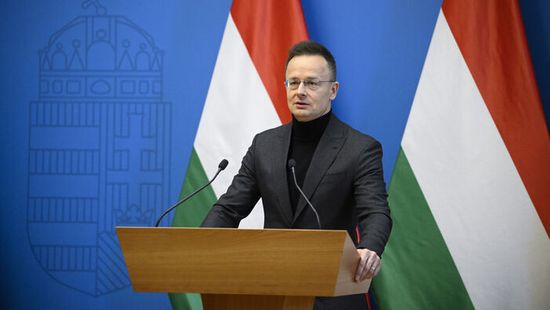

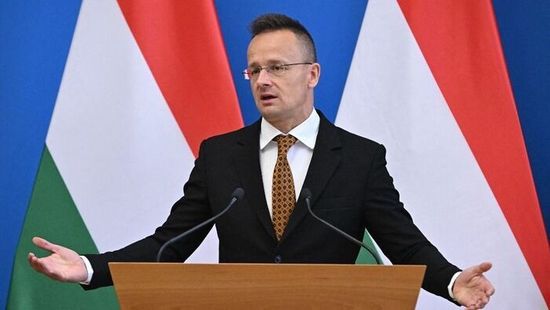


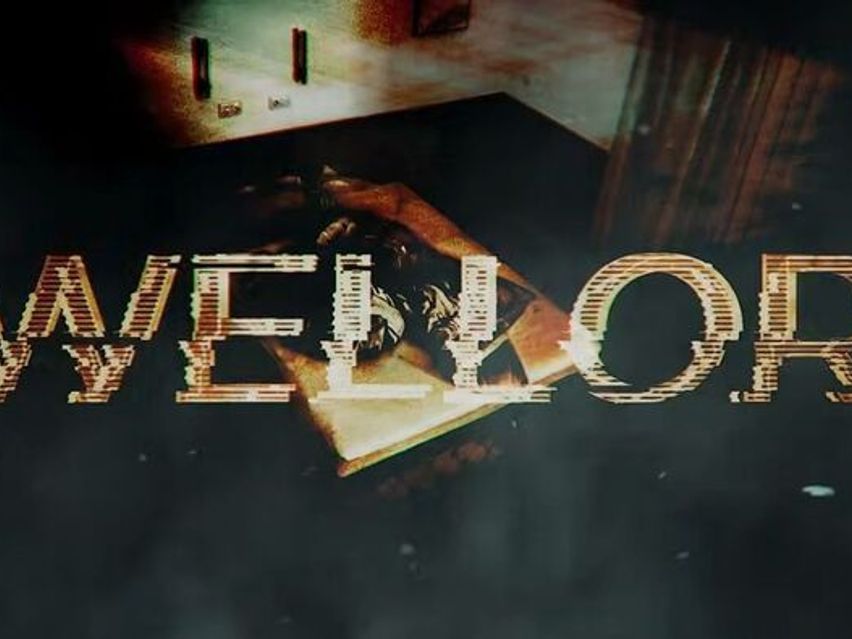


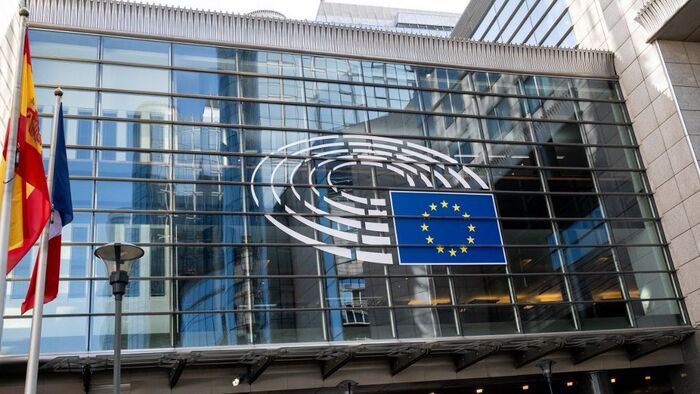



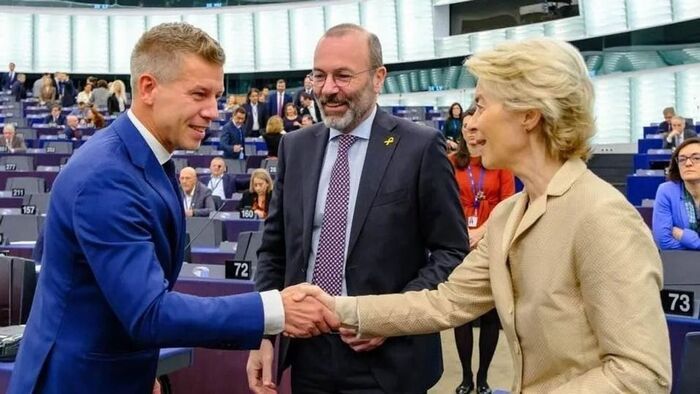

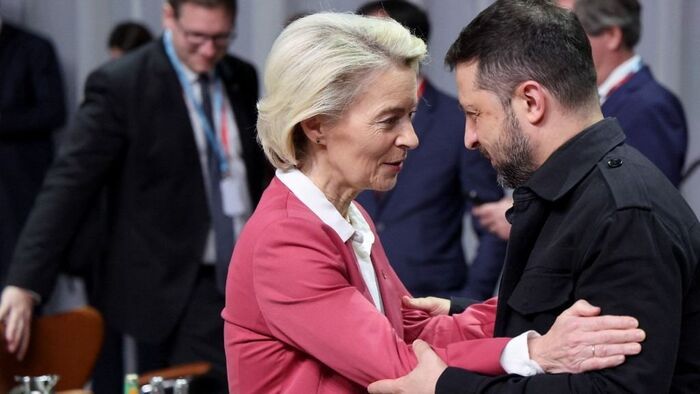
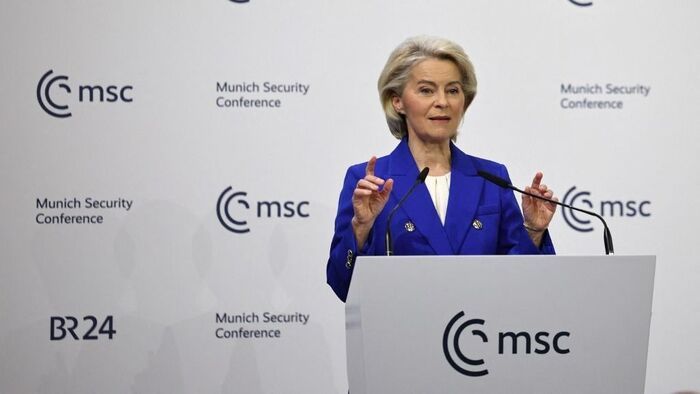






Szóljon hozzá!
Jelenleg csak a hozzászólások egy kis részét látja. Hozzászóláshoz és a további kommentek megtekintéséhez lépjen be, vagy regisztráljon!